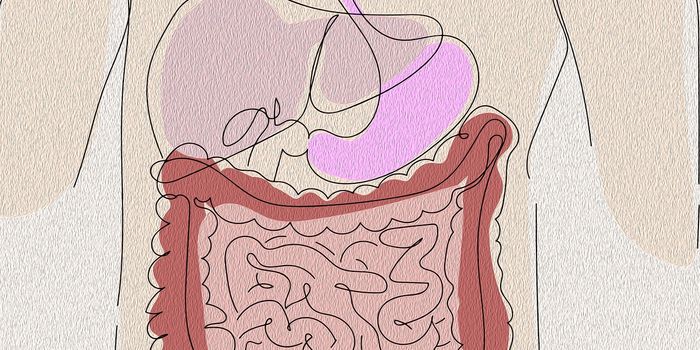New Liver Cancer Drug Passes Phase 3 Trial
Results from an international Phase 3 clinical trial offer renewed hope for thousands of people with liver cancer. Published in the journal The Lancet, researchers report that the drug regorafenib improved patient survival to over 11 months as compared to placebo.
The American Cancer Society estimates that nearly 40,000 new cases of liver cancer, also known as hepatocellular carcinoma, were diagnosed in the US in 2016. Of these, around 69% will die. Of note, most cases of primary liver cancer are associated with hepatitis B or C viral infection, while a smaller percentage is caused by excessive alcohol consumption.
One drug that’s proven effective for liver cancer is sorafenib. However, in cases where the cancer becomes resistant to sorafenib, doctors have little other options. As such, finding a new treatment for liver cancer is a huge imperative.
In particular, researchers at Bayer honed in on regorafenib, a multi-kinase inhibitor. This drug targets the receptor tyrosine kinase, and causes anti-angiogenic activities. It was approved by the FDA in 2012 for the treatment of metastatic colorectal cancer. The FDA also expanded the use of this drug for the treatment of inoperable gastrointestinal stromal tumors.
Following the success of regorafenib in these other cancer types, Bayer scientists tested the drug in liver cancer with similar success. Recently, a large international clinical trial that spanned152 sites in 21 countries offered more support for this drug in liver cancer.
The study included 573 patients with advanced liver cancer who were previously treated with sorafenib. In patients treated with regorafenib, researchers found that overall survival was 10.6 months versus 7.8 months with the placebo treatment. In addition, 2 participants showed almost complete remission.
"This study represents a breakthrough in the management of hepatocellular carcinoma, since it provides evidence for clinical benefits in an area that was an unmet medical need," said Josep Llovet, founder and Director of the Liver Cancer Program and Professor at the Icahn School of Medicine at Mount Sinai. "Regorafenib has shown it can improve survival in patients with advanced hepatocellular carcinoma progressing on sorafenib. Previously, no treatment was available for these patients.”
Of note, the team reported side effects with the treatment, the most common being hypertension, hand-foot skin reaction, fatigue, and diarrhea. In addition there were 88 deaths total from both the treatment and placebo group.
The team is pursuing future experiments that combine regorafenib with other available drugs.
Additional sources: The Mount Sinai Hospital









